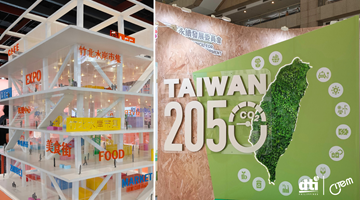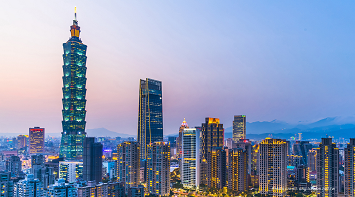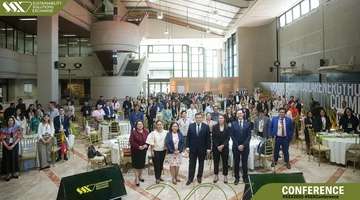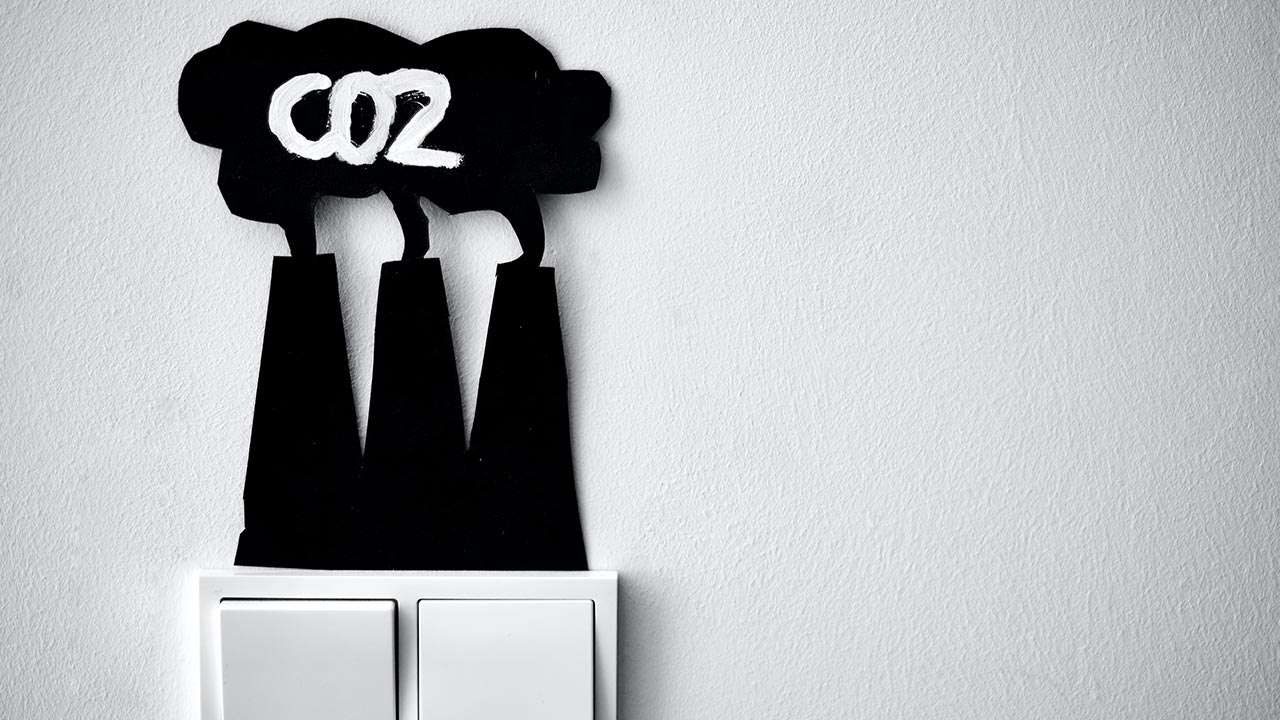POSTED Mar 22, 2022 - 09:16 AM
Carbon offsets have a growing market in Asia after COP26
Carbon offsets have been criticized by eco-advocates, but they can be a way for businesses to lower net emissions totals
This article was originally published on Reuters
Asia's demand for carbon offsets is picking up as more companies in global supply chains, IT, and banking sectors seek to lower their carbon footprint following the COP26 November Glasgow Climate Pact, the head of Asian exchange T-RECs.ai said. The Conference of Parties (COP26) is a meeting of world leaders to discuss action on climate change. This is the 26th gathering of nations.
The hard-fought Glasgow Climate Pact sent a clear message to global companies to reassess business strategies and carbon footprints to reap monetary rewards, or lag and risk losses.
As a result, there is a growing demand for carbon offset instruments, such as renewable energy certificates (RECs), as renewable energy sources currently only account for a fraction of global energy supply.
While offset products have been criticized for undermining efforts to fight climate change by allowing fossil fuels to still be consumed, they are viewed as a viable way for businesses to lower net emissions totals.
There have also been criticisms on purchasing carbon offsets, labeling it as “greenwashing” as a result of not fully committing to the goal of net zero emissions. Lobbying efforts by the fossil fuel industry to implement carbon offsets have also been criticized by climate advocates.
In the Philippines, this would mean large corporations that are looking to start or expand sustainable operations are seeking out more ways to do so. This reflects the rise of a culture of corporate sustainability within the region.
Singapore-based T-RECs.ai has seen demand for 20 million RECs this year on its trading platform, equivalent to half of the city-state's power consumption, Kang Jen Wee, founder and CEO of the exchange, told Reuters.
But the platform was only able to fulfill demand for 500,000 certificates, he said. Each REC represents one megawatt hour of renewable electricity generated.
"We're limited by supply," Kang said, adding the company was stepping up efforts to get more renewable power suppliers in the region to register their credits.
The exchange is targeting to grow volumes to 10 million RECs next year and 100 million by 2025, Kang said, adding that it was also in talks with potential partners to sell a 20 percent equity stake. He declined to name the investors.
RECs generate additional revenue for renewable power plants and are bought by companies seeking to offset carbon emissions from operations powered by fossil fuels in the same country.
Some of the buyers belong to the so-called RE100 initiative, whose members have committed to using 100 percent renewable energy and include well known brands such as Apple (AAPL.O), Danone (DANO.PA), Alphabet's Google (GOOGL.O) and Nike (NKE.N).
How T-RECs.ai operates
T-RECs.ai, one of eight companies approved by US registry APX TIGR to register and verify RECs on behalf of renewable power generators, gets a fee once the certificates are sold on its platform, said Kang, who started the company in late 2018 with $100,000 investment from a blockchain venture capital firm.
T-RECs.ai has registered RECs owned by TotalEnergies (TTEF.PA) and China Envision Group, and is in talks with state utilities in France, China, Malaysia, and Thailand, Kang said.
Multinationals are mandating that their suppliers across Asia purchase RECs to offset carbon emissions, Kang said.
He added that the platform makes it easier for buyers who are seeking a range of RECs from various locations depending on where their operations are based.
The price of each REC typically ranges from $3 to $30, depending on where the electricity is generated, Kang said.
REC costs in Singapore are at the top of the range as renewable electricity is scarce and demand is high, he added.
To enable tracking and prevent double-counting, the platform allows buyers to trace each certificate to the originating power plant source using satellite imagery, and also regularly scours public databases, he added.
For more information and news on business visit CREATE Philippines and IFEXCONNECT
Read more

Rooted in Advocacy, Crafted for the Future
Going strong for 42 years, Manila FAME is a bold, seasoned trade show shaped by decades and transfor... Learn More

Learning the curve of sustainability: CITEM explores Taiwan’s SDG-driven industries
CITEM tracks sustainable practices in Taiwan’s transformative industries, and gets a glimpse of a... Learn More

CITEM Market Sensing Mission to Taiwan to strengthen PH SDG competency
Making serious strides toward strengthening the country’s sustainability footprint, CITEM travels to... Learn More

EU, PH push for green solutions in food industry at Sustainability Solutions Exchange 2025
Aiming to develop a sustainable Philippine food industry, the European Union (EU) and the Department... Learn More
